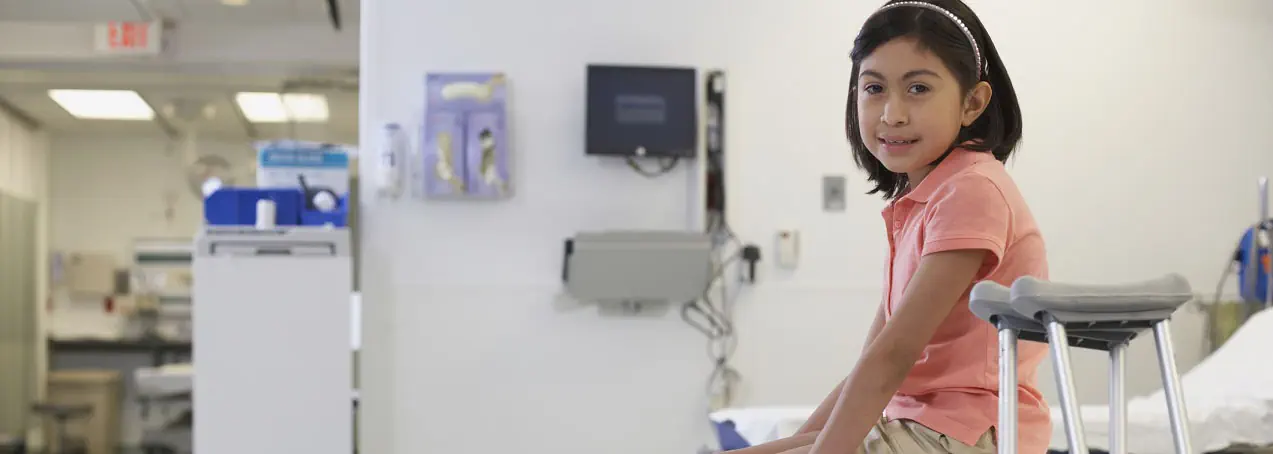
Paediatric orthopaedics is a subspecialty of medicine that deals with musculoskeletal (joints, bones, muscles, cartilage, ligaments, and tendons) conditions and injuries in children and teenagers
The musculoskeletal system of most children continues to develop until the age of 18. The growth plates in children's bones are active at various phases of development, making them prone to different growth-related diseases and sports-related injuries.
It is crucial that your child be evaluated and treated by a Paediatric Orthopaedic Surgeon who is experienced and skilled at treating and managing such conditions.
The most prevalent issues that children experience are gait disturbances, foot deformities and hip dysplasia. These conditions could be inherited, acquired or congenital.
Common paediatric orthopaedic conditions include:
Children may not always be able to explain their concerns or symptoms. Parents or guardians should assist their children in answering enquiries or providing the information to the doctor. A paediatric orthopaedic surgeon would typically inquire about your child's birth, development, and family history in addition to the presenting complaints or symptoms.
An early diagnosis can aid in preventing orthopaedic issues in childhood and a better-tailored treatment.
Diagnostics may include:
Procedures for paediatric orthopaedic include non-invasive (splint, cast, brace and orthotics) and invasive (surgical) procedures. Children's bones are continuously developing. Hence, extra caution is required when operating near or on a growth plate.
Surgery for children often requires a different approach than those performed on adults. Although surgery is inherently invasive, there are minimally invasive techniques that allow children to recover faster.
The panel of paediatric orthopaedic surgeons at Gleneagles Hospitals are experts in managing children with orthopaedic concerns. Rest assured that your child is under great care as our paediatric orthopaedic surgeons have the most extensive and comprehensive training with the finest expertise in treating children's orthopaedic conditions.


Wait a minute